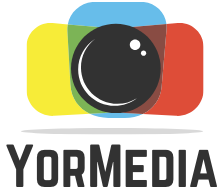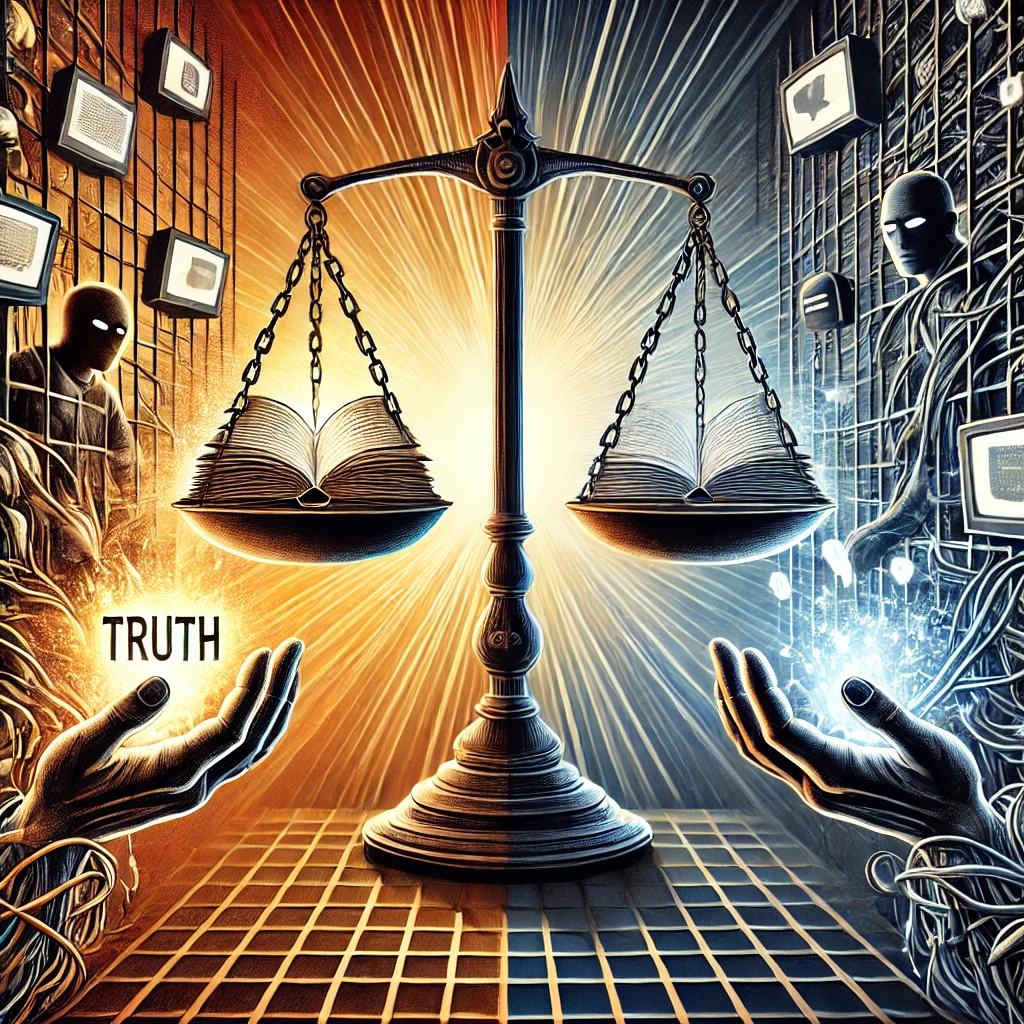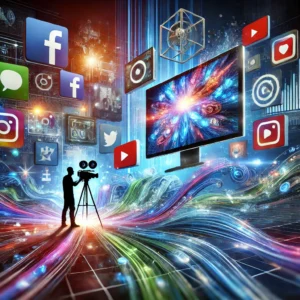Introduction: The Significance of Media Ethics
In an information-drenched world, media ethics stands as the beacon guiding journalism and reporting. It ensures that media is a strong pillar of democracy that gives truthful, fair, and balanced reporting. If there are no ethical standards, then society is sure to go to the brink of chaos fueled by bias, manipulation, and mistrust. Media ethics isn’t a professional necessity—it is a societal one.
Role of Media in Perception
Media holds unmatched power in setting how the people see the world. Of breaking news and investigative journalism, it creates the narratives that form opinions, build public debate, and make policy decisions. And yet, this is a grand opportunity that does not go with great responsibility. The reporter must make sure the facts are presented without distortion of their very essence, and shun sensationalism that would sacrifice facts to the altar of that work.
Ethical Challenges in Modern Journalism
Modern journalism faces an array of ethical dilemmas. The pressure to break news first often leads to compromises in fact-checking and thoroughness. The allure of clickbait headlines, designed to attract more viewers, can overshadow the commitment to truthful reporting. Additionally, the intersection of journalism with corporate and political interests creates conflicts of interest that may skew the media’s objectivity.
The Rise of Misinformation and Its Consequences
Social media proliferation has been propelling the spreads of misinformation. Misinformation travels faster than verified news, leaving fertile grounds for conspiracy theories, propaganda, and fear-mongering. Such misinformation diminishes the trustworthiness of credible sources, polarizes societies, and degrades democratic processes. The disaster must be battled collectively by the media professionals, technology platforms, and the public.
Freedom and Responsibility: Walking a Tight Line
Media freedom is, in itself a pillar of democracy, though freedom is never absolute. There always comes the liability to cause harm, violate private lives, or tell a falsehood. Most reporters face difficult decisions at times-to expose or protect the individual and where to intervene.
Balance in ethical reporting between public access to information on one hand, and potential outcomes of disseminated information, therefore, are significant.
As technology advances, so do challenges in media ethics. Artificial intelligence and deep fake technology pose novel threats to authenticity. Algorithms instead curate “news feeds tailored to individual viewers’ preferences but may create a form of digital echo chamber. To protect truth, media establishments must adopt proper standards, make investments in checking facts, and foster accountability.”.
Ultimately, the fight for truth in media is shared among journalists, tech companies, and consumers alike. All are vital in their role to help ensure that media is a positive force in the lives of individuals and society, representing principles of openness, fairness, and integrity. Then and only then can society be built upon a foundation of informed and ethical discourse.


